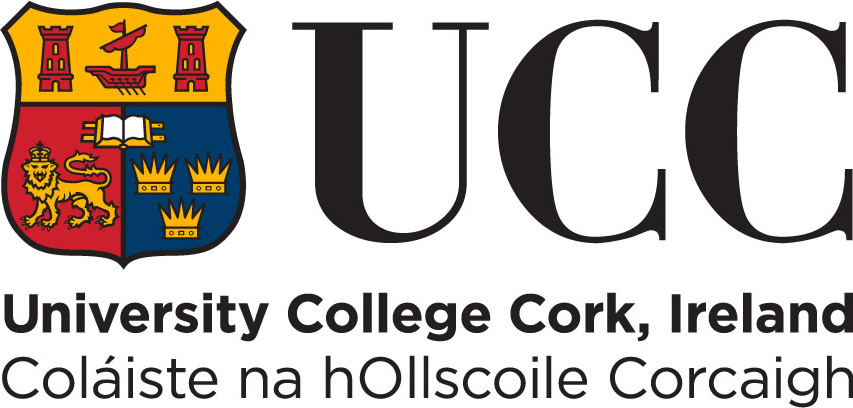Ideas of Sex: Discourses on Sexuality in Liliana Cavani’s The Night Porter and Cesare Canevari’s The Gestapo’s Last Orgy
Nick Impey
Abstract: Both The Night Porter (Cavani) and The Gestapo’s Last Orgy (Canevari) are often referred to as exploitation. Exploitation cinema’s focus on empty excess is in line with the exaggeration/superficiality of “Camp”. Despite Susan Sontag’s separation of “Camp” elements and homosexual-Camp elements, subsequent commentators have argued that Camp is an exclusively gay critique of the artificial nature of the “performance” of hetero-normative gender roles. My article looks at the ways in which lesbian filmmaker Liliana Cavani discusses queer sexuality through a Camp play on gender roles, and how this same discourse is “developed” in Canevari’s virtual remake. German/Italian fascist ideology’s preoccupation with the perfected male body and Hitler’s original acceptance of homosexuality contributed to the presence of a lingering (masculine) homoeroticism in Nazi iconography. Holocaust history of Nazi domination enhanced this masculine image. Accordingly, the two filmmakers use a binary of male (masculine) Nazi dominator and female submissive prisoner, which is possessing of a heterosexual quality made fragile by the history of fascist sexual ambiguity. Essentially, my paper argues that the films’ disruption of the traditional images of Nazi aggressor/innocent victim through the protagonists’ depicted collaboration corresponds with the filmmakers’ blurring of masculine/feminine roles in their individual statements about queer sexuality.









